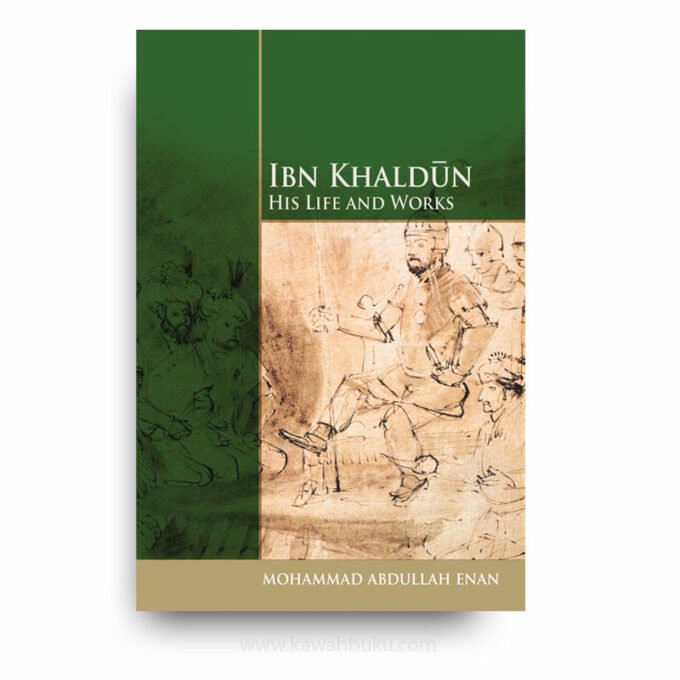Ibn Khaldūn: His Life and Works tells of the period of unrest in Ibn Khaldun’s life marked by political rivalries. It is during this turbulent period that provided him with the opportunity to write the Muqaddimah (or Prolegomena), earning him an immortal place among historians, sociologists, and philosophers. Muḥammad ibn Abī Bakr Muḥammad ibn al-Ḥasan Ibn Khaldūn, (born May 27, 1332 — died March 17, 1406), the greatest Arab historian, who developed one of the earliest nonreligious philosophies of history, contained in his masterpiece, the Muqaddimah. He also wrote a definitive history of Muslim North Africa.
In 1375, craving solitude from the exhausting business of politics, Ibn Khaldūn took the most momentous step of his life: he sought refuge with the tribe of Awlād ʿArīf, who lodged him and his family in the safety of a castle, Qalʿat ibn Salāmah, near what is now the town of Frenda, Algeria. There he spent four years, “free from all preoccupations,” and wrote his massive masterpiece, the Muqaddimah, an introduction to history. His original intention, which he subsequently achieved, was to write a universal history of the Arabs and Berbers, but before doing so he judged it necessary to discuss historical method, with the aim of providing the criteria necessary for distinguishing historical truth from error. This led him to formulate what the 20th-century English historian Arnold Toynbee has described as “a philosophy of history which is undoubtedly the greatest work of its kind that has ever yet been created by any mind in any time or place.”
But Ibn Khaldūn went even further. His study of the nature of society and social change led him to evolve what he clearly saw was a new science, which he called ʿilm al-ʿumrān (the science of culture) and which he defined thus: “This science … has its own subject, viz., human society, and its own problems, viz., the social transformations that succeed each other in the nature of society.”
For Ibn Khaldūn, history was an endless cycle of flowering and decay, with no evolution or progress except for that from primitive to civilized society. But, in brief descriptions of his own age, which have not received as much attention as they deserve, he showed that he could both visualize the existence of sharp turning points in history and recognize that he was witnessing one of them: “When there is a general change of conditions … as if it were a new and repeated creation, a world brought into existence anew.” The main cause he gives for this great change is the Black Death, with its profound effect on Muslim society, but he was fully aware of the impact of the Mongol invasions, and he may also have been impressed by the development of Europe, the merchants and ships of which thronged the seaports of North Africa and some of the soldiers of which served as mercenaries in the Muslim armies.











Muhammad Zulkefli Ramlay (Verified Reader) –
Belum baca lagi